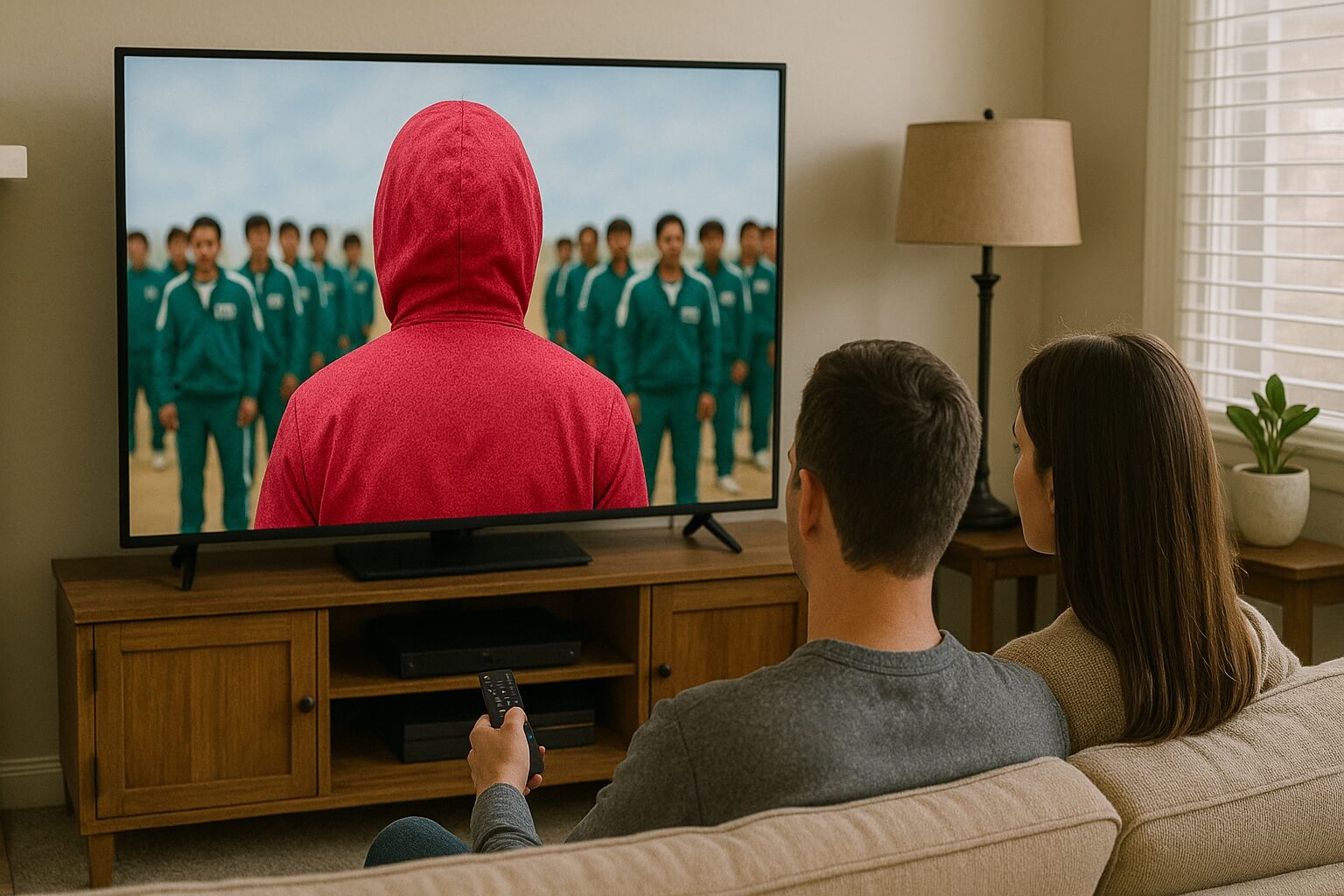
When Squid Game took off, it drew international attention not only to Korean stories, but also to the Korean language. For learners of 한국어 (Korean) who speak English, watching Korean television with subtitles can be an effective learning aid. But what happens if the subtitles fail to capture the original meaning? Let’s explore how the English subtitles of Squid Game caused misunderstandings—and what language learners can learn from this.
What’s Wrong with the Subtitles?
Several Korean speakers and learners pointed out that the English subtitles—particularly the closed captions in the dubbed version—weren’t always accurate. Some lines were simplified, but others completely changed the tone or meaning.
In Episode 1, for example, the character Han Mi-nyeo (한미녀) says:
“난 아주 똑똑했어. 그냥 공부를 못했을 뿐이야.”
“I was very smart. I just never got a chance to study.”
But the subtitles translated it as something like:
“I’m not a genius, but I still figured it out.”
This translation loses subtlety. There’s social commentary in the original line—she’s saying she was smart but didn’t have opportunities, which reflects real societal issues in Korea. The subtitle simplifies this into a generic statement.
Why Does This Happen?
Translation is challenging—especially from Korean to English. Korean carries cultural and contextual nuances that don’t always neatly translate.
Consider the word 형 (hyeong). Literally, it means “older brother,” but it’s also commonly used among close male friends. In Squid Game, characters frequently use terms like 형, 언니 (eonni), or 선배 (seonbae), conveying respect, hierarchy, or intimacy. Subtitles often omit these terms entirely, despite their significance in expressing relationships.
What Can Korean Learners Do?
If you’re learning Korean, this is actually an excellent opportunity to sharpen your skills:
- Use Korean subtitles – Watch with 한국어 자막 to better connect the spoken words to their written form.
- Compare with English – Watch scenes twice: first with English subtitles, then Korean. Notice the differences.
- Look up key phrases – When you hear a line such as “그냥 공부를 못했을 뿐이야,” pause to analyze it. Break it down.
- Watch without subtitles – Once you’re more confident, try short scenes without subtitles at all. Challenge your listening skills.
Final Thought
Subtitles are a great tool, but they’re far from perfect. Especially in a culturally rich show like Squid Game, crucial details can be lost in translation. As a student of Korean, don’t just rely on subtitles as a crutch—use them to help you, but also try to move beyond them. What’s left unsaid in English might be exactly what you need to hear in Korean.



